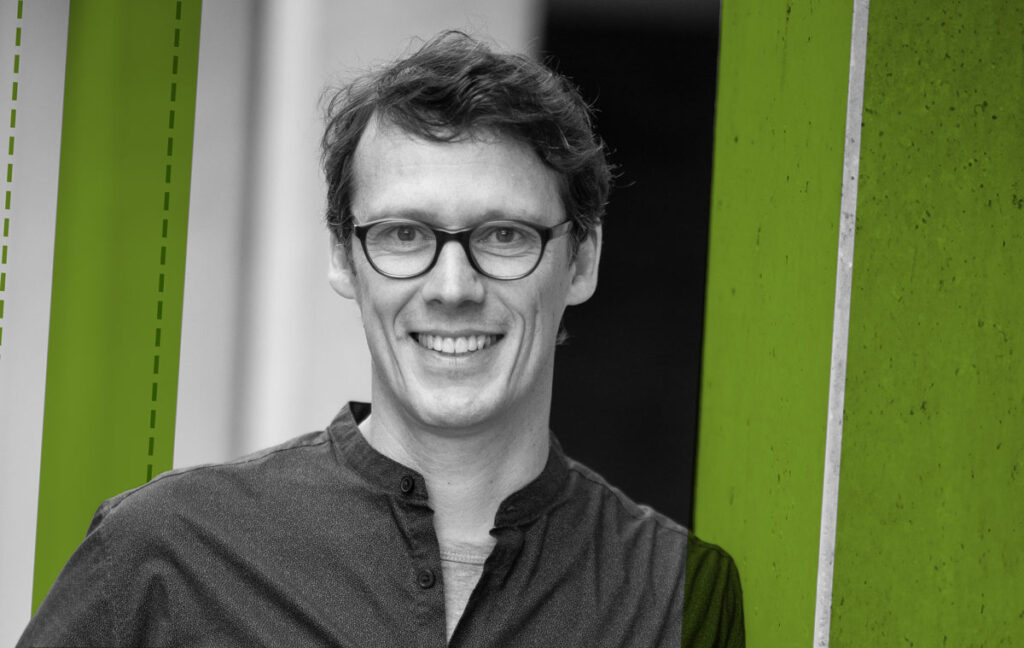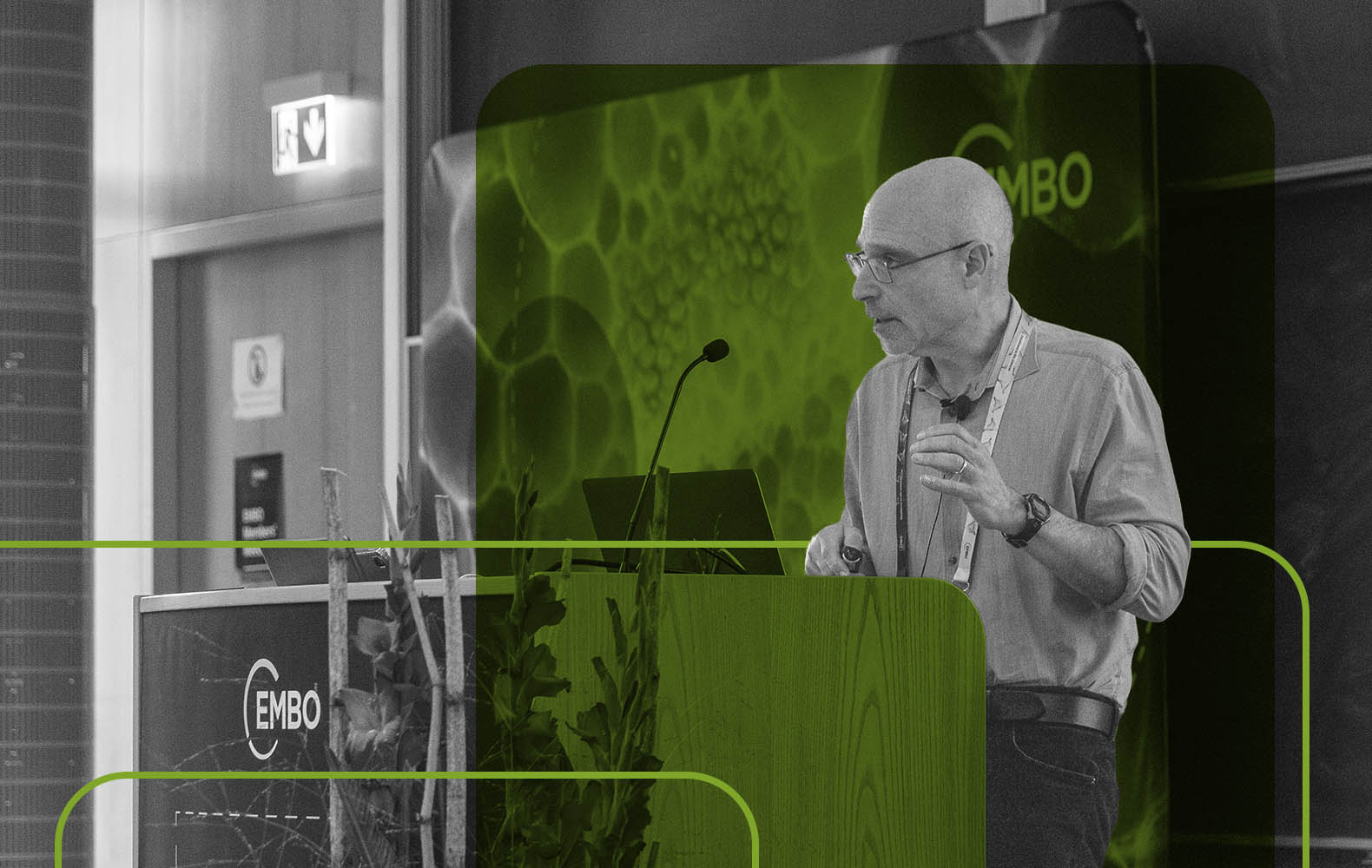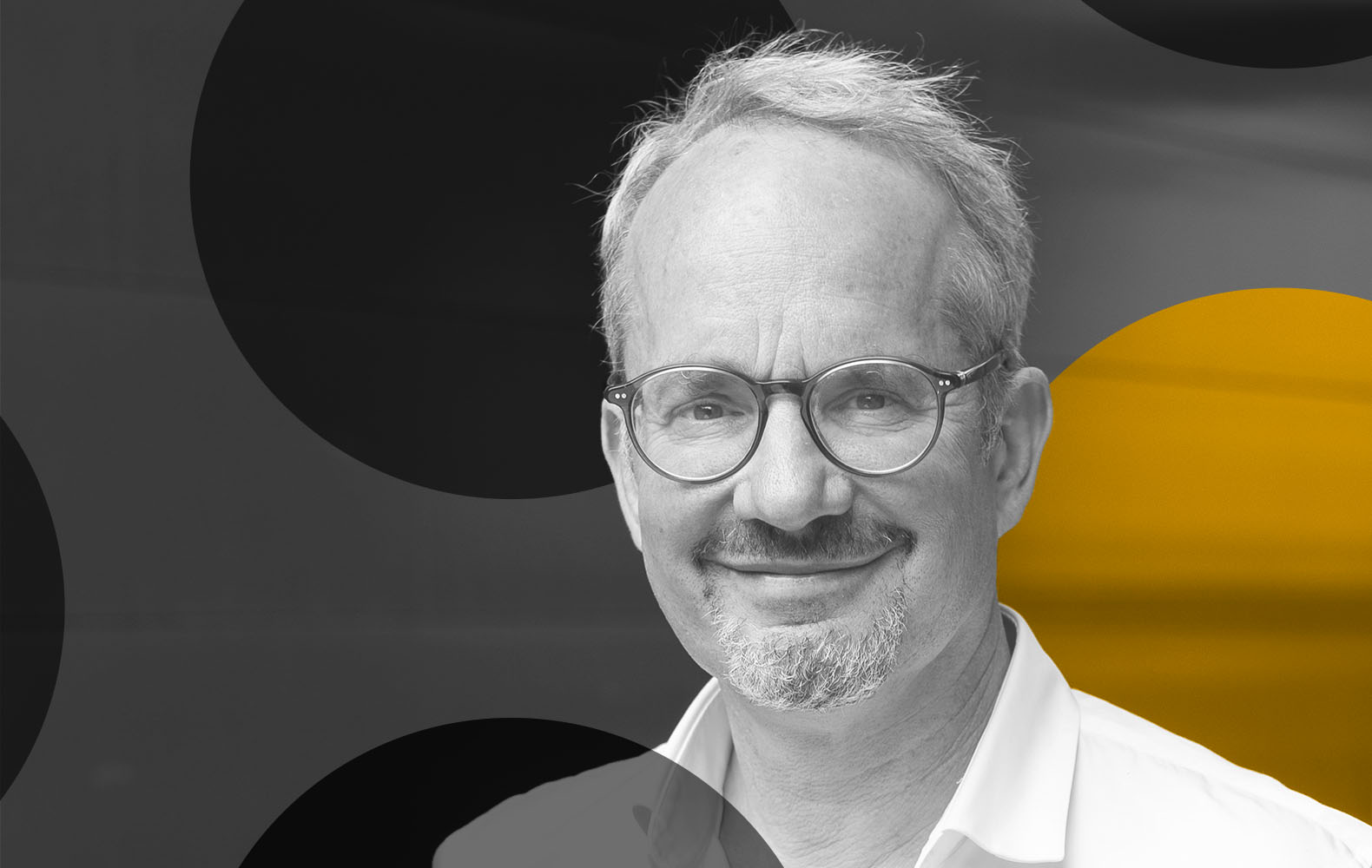Can you tell us about your research and its aims?
Our research group focuses on the study of cancer evolution using melanoma, a highly aggressive form of skin cancer, as a paradigm. We study fundamental aspects of cancer biology from the identification of the cell-of-origin and understanding how tumours develop, investigating how cancer spreads, and become resistant to therapy.
Our interest in melanoma research began while studying the p53 tumour suppressor, a critical protein that prevents the proliferation of cells with a damaged genome. This function is most important as damaged cells are more likely to contain mutations and exhibit abnormal cell growth, potentially leading to the development of cancer. While mutations in this protein are common (50% of patients have mutations in p53), it has become evident that p53 was inactivated in the other 50% of patients. We therefore started wondering what the leading force behind this inactivation is and identified a mechanism in which p53 is inactivated in wild-type tumours. And it turns out that this mechanism is extremely prominent in melanoma, pushing us to study this disease and develop new models.
The study of melanoma is an increasingly changing field. Survival rates surged dramatically to 80% over the last 10 years thanks to the development of targeted therapies and immunotherapies. Yet, some patients do not respond to treatments and others develop resistance. We still need to determine why this occurs and explore other ways to make treatments more effective.
Can you tell us more about translational approaches in your lab?
We transitioned from basic research to clinical applications as we first collaborated with pathologists and clinicians. Our colleagues pointed out that our mice models did not fully replicate human diseases, which prompted us to refine and improve our work and which in turn helped us bridge the gap between the lab and patient care. We now work regularly with clinicians on campus and our students gain experience in both clinical and research settings, strengthening our translational research efforts.
Recently, we have also contributed to the creation of a company dedicated to clinical trials. They are working on antisense therapy, which is a form a treatment that uses antisense oligonucleotides to target messenger RNA, and the goal is to bring some of our laboratory’s findings to patients. Another of our ongoing initiatives is a clinical trial that evaluates multiple drug combinations within a single patient, rather than sequentially testing individual drugs. This approach aims to improve efficiency in identifying effective combination treatment strategies. We are hoping to develop more personalized therapies by integrating laboratory models with patient data.
How has EMBO impacted your career?
EMBO played an instrumental role in the development of my career. I became part of the EMBO Young Investigator Network (YIN) in 2006, shortly after starting my lab. I had returned to Belgium from my postdoctoral experiences at the St Jude Children’s Research Hospital in Memphis, USA and the European Institute of Oncology in Milano, Italy, and the YIN helped me connect with peers facing similar challenges. When you are starting a lab you may feel a bit lost, facing issues from managing a team to grant writing. Connecting with people at the same career stage as you and facing similar issues was very helpful. I built lifelong friendships through the YIN and learned much from EMBO’s support programmes and soft-skills trainings.
Now, as an EMBO Member and a selection committee member for the EMBO Young Investigator Network, I can give back to the community that provided me with so much support in the beginning of my career. We are promoting EMBO’s soft-skills trainings and grants to our students and colleagues and we also organized a research integrity workshop in 2023 with Sandra Bendiscioli, EMBO’s Senior Policy Officer. The best part of this is that we are still talking about the EMBO research integrity workshop in our institute, trying to define and implement new policies that will help us progress.
I think being part of a community is fun. You feel that you somehow contribute and that you exist outside of your own bubble.
What makes Belgium an attractive place for researchers, especially early-career ones?
Belgium, and more specifically Leuven where I have been working for now 15 years, offers an outstanding environment for scientific research. Governmental funding in Flanders is stronger than most other European countries, thanks to institutions like VIB which have spearheaded tech transfer and research valorisation in our ecosystem. The KU Leuven campus is built around a structure where clinicians, researchers and students collaborate closely. Researchers benefit not only from both financial support and professional development programmes, but they also have access to top-tier research infrastructures and cutting-edge technologies.
On a more country-wide stance, Belgium’s central location allows us to access major European cities like Paris, London and Amsterdam for both personal and professional journeys. English is widely spoken and allows our numerous PIs and students to thrive and, unlike countries and cities with higher living costs, researchers here can enjoy a comfortable life close to their workplace. It is the perfect base for a career in life sciences.



